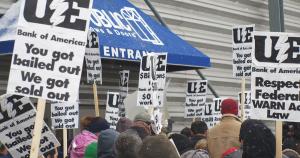
Ten years ago, members of UE Local 1110 made history by occupying their factory, Republic Windows and Doors. They captured the imagination of a nation reeling from financial collapse, won an endorsement of their cause from the president-elect, and forced one of the nation’s most powerful banks to come to the table and negotiate.






 Labor is prior to, and independent of, capital. Capital is only the fruit of labor and could never have existed if labor had not first existed. Labor is the superior of capital and deserves much the higher consideration. - Abraham Lincoln
Labor is prior to, and independent of, capital. Capital is only the fruit of labor and could never have existed if labor had not first existed. Labor is the superior of capital and deserves much the higher consideration. - Abraham Lincoln




 This memoir of sorts by Fordham University sociology professor Heather Gautney, who became a policy fellow in Bernie Sanders’ Washington DC office and a volunteer researcher and organizer for his unexpectedly popular 2016 presidential campaign, has a very specific focus: to “offer insights from up-close work with Bernie, mixed in with historical and sociological analysis, to perform an autopsy of the 2016 election” (2). Given the sheer number of insightless (to put it mildly) autopsies that have been proffered across the political spectrum—perhaps none more useless than Hillary Clinton’s own What Happened (Simon & Schuster, 2017)—Gautney’s book is more than welcome and even slightly overdue.
This memoir of sorts by Fordham University sociology professor Heather Gautney, who became a policy fellow in Bernie Sanders’ Washington DC office and a volunteer researcher and organizer for his unexpectedly popular 2016 presidential campaign, has a very specific focus: to “offer insights from up-close work with Bernie, mixed in with historical and sociological analysis, to perform an autopsy of the 2016 election” (2). Given the sheer number of insightless (to put it mildly) autopsies that have been proffered across the political spectrum—perhaps none more useless than Hillary Clinton’s own What Happened (Simon & Schuster, 2017)—Gautney’s book is more than welcome and even slightly overdue.




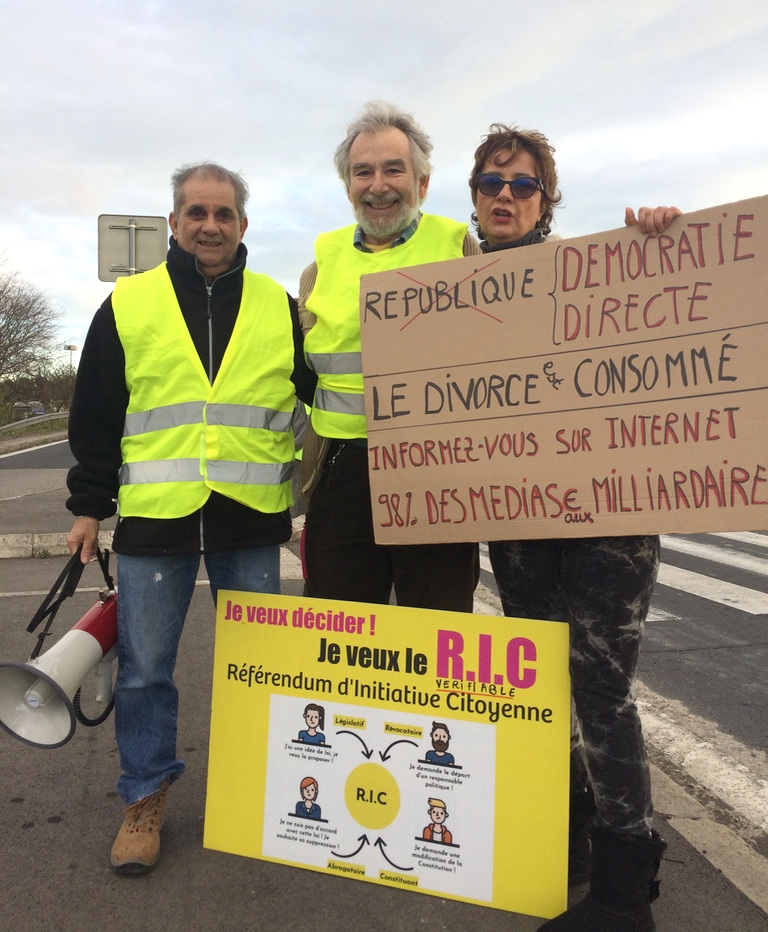 Is the
Is the 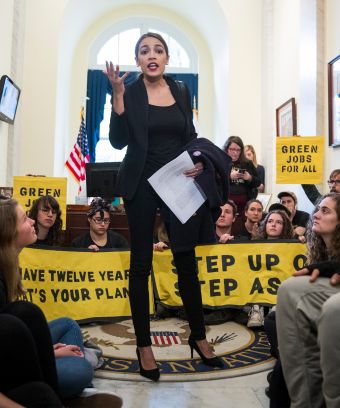
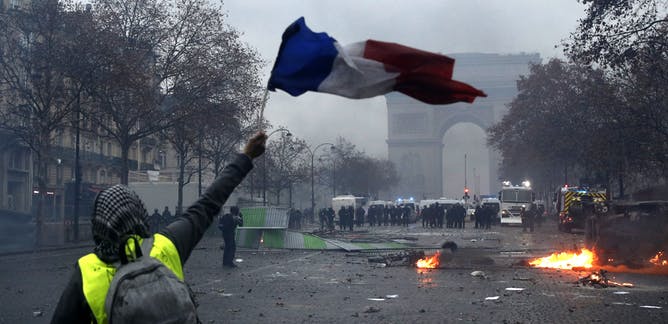


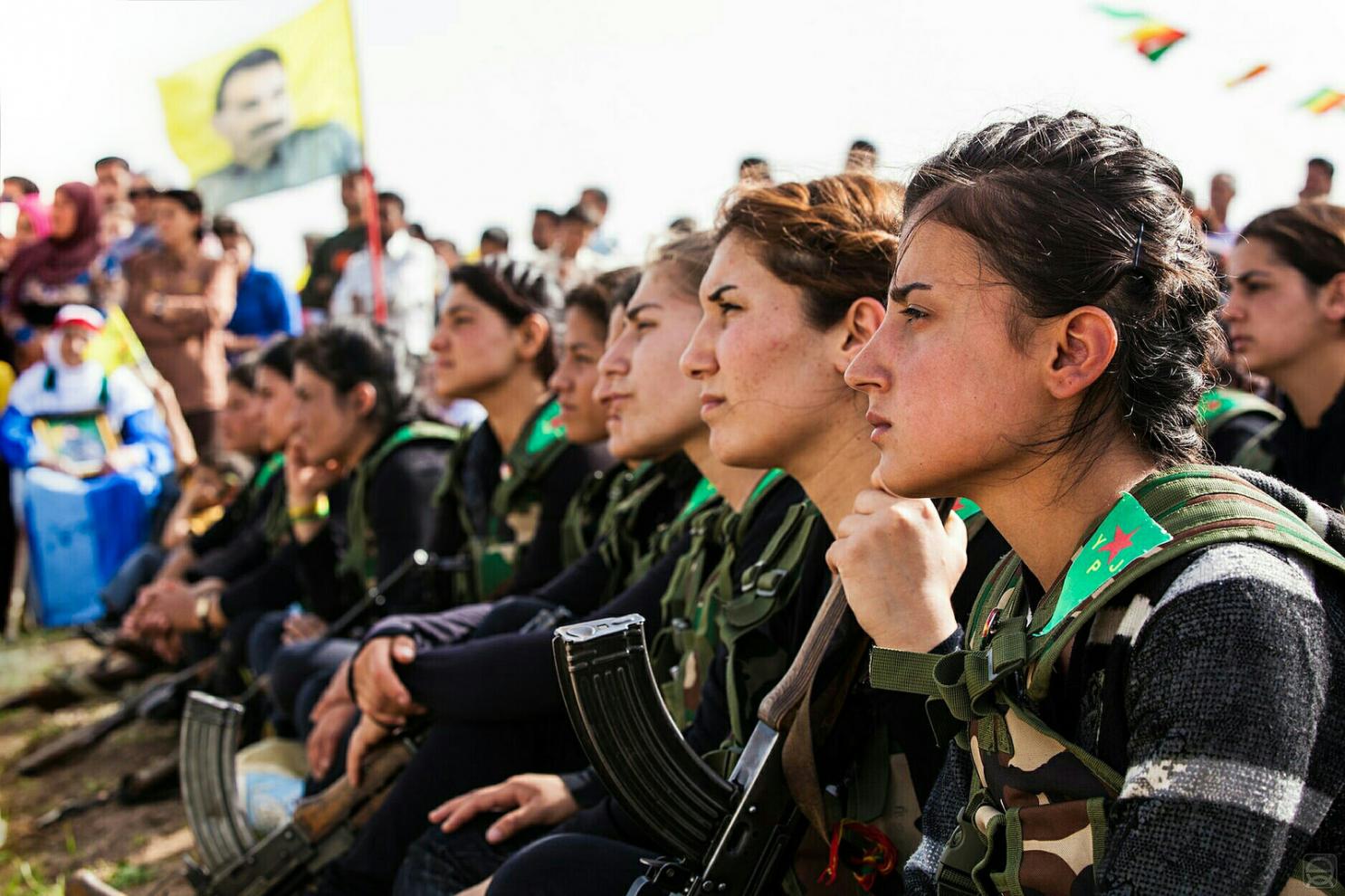
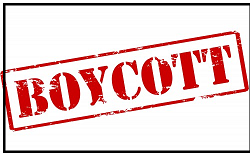 In 2017 the Texas legislature passed a law forbidding the state from contracting with companies that refuse to do business with Israel. Some interpreted this broadly. After destructive flooding in Houston that year, one town told homeowners that if they wanted aid in rebuilding, they’d have to sign a pledge not to boycott Israel. After another type of flood – of bad publicity – the town said the boycott only applied to actual businesses in the town.
In 2017 the Texas legislature passed a law forbidding the state from contracting with companies that refuse to do business with Israel. Some interpreted this broadly. After destructive flooding in Houston that year, one town told homeowners that if they wanted aid in rebuilding, they’d have to sign a pledge not to boycott Israel. After another type of flood – of bad publicity – the town said the boycott only applied to actual businesses in the town.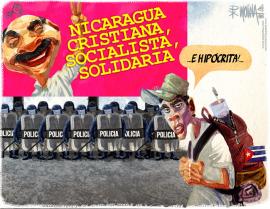

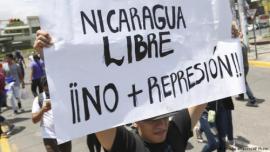 The following statement is from the Articulación de Movimientos Sociales, the coalition of social movements in Nicaragua.
The following statement is from the Articulación de Movimientos Sociales, the coalition of social movements in Nicaragua.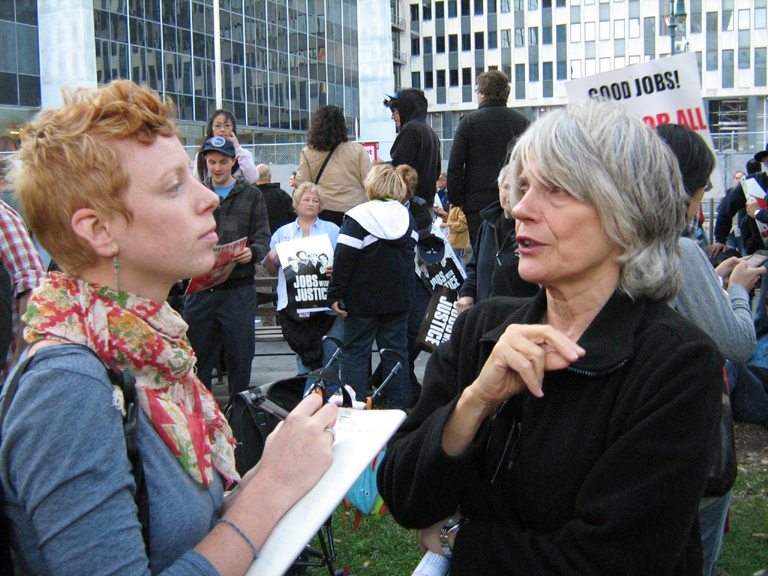
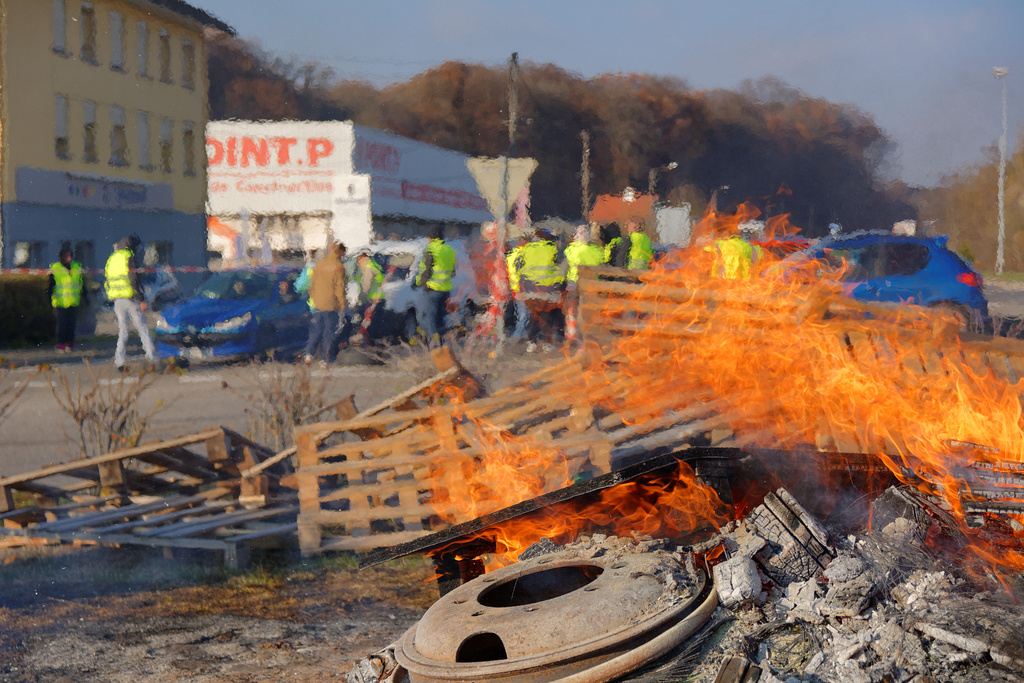
 During the past few weeks an ongoing wave of protests and strikes in Iran has gained a new intensity.
During the past few weeks an ongoing wave of protests and strikes in Iran has gained a new intensity.


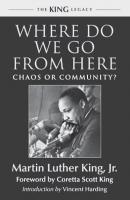
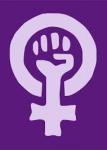 This essay was originally a talk at the conference held at the New School for Social Research on April 21-22, 2016.
This essay was originally a talk at the conference held at the New School for Social Research on April 21-22, 2016.